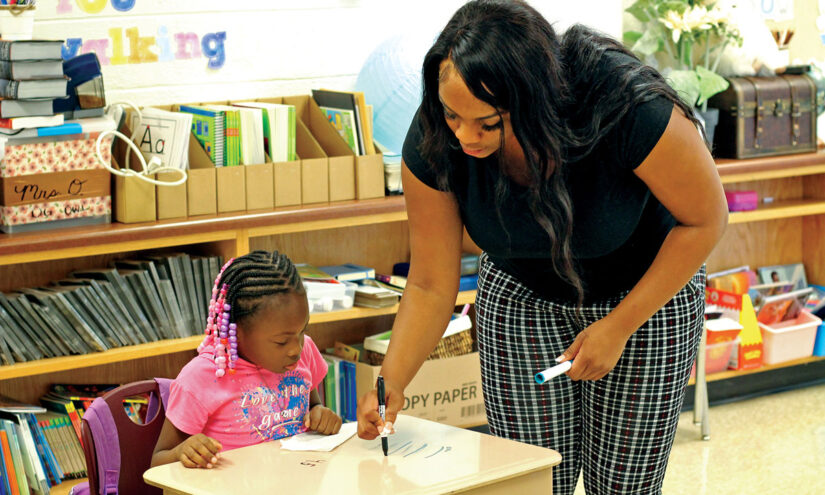During this summer, a team of students from MIT embarked on a journey to the sou …
Concerns Raised About Possible Impact of Expiring COVID Funds on Indiana’s Summer and Afterschool Learning Programs
Carlos Changemaker

A recent report from advocates emphasizes the importance of continued funding for afterschool and summer learning programs in Indiana, even after government funding runs out. These programs are especially crucial for low-income students who have been disproportionately affected by the pandemic. Unlike more affluent families, these students’ families cannot afford private tutoring or access to cultural and artistic experiences. The report, titled “The Expanded Classroom,” argues that activities beyond traditional classroom settings are essential for students to recover from learning loss, close achievement gaps, and prepare for future careers.
According to the report, only 25% of Indiana students currently have access to these programs. However, the report suggests that additional programs should be added rather than reduced, as the funding is projected to run out in the next two years. The advocates stress the need for sustained effort in order to make up for the lost time caused by the pandemic and address the longstanding educational disparities between high- and low-income students. The report is a collaborative effort by organizations such as the United Way of Central Indiana, the Boys and Girls Clubs serving South Bend and Indianapolis, and nonprofit education advocacy groups The Mind Trust and Indiana Afterschool Network.
Thus far, the state has allocated $35 million of federal COVID relief funds and an additional $185 million in state funds to out-of-school learning since the start of the pandemic. However, the federal funds are set to expire next fall, and the state funds will run out by the summer of 2025.
The report hopes to garner support from legislators for out-of-school learning ahead of the 2025-2027 state budget debate. It does not specify a particular amount of funding or program but rather emphasizes the significance of learning outside of the regular school hours.
The chief strategy officer of Mind Trust, Kristin Grimme, states that the intention behind the report is to ensure that Indiana’s state leaders and legislators perceive out-of-school time programs as integral to the education system, rather than as temporary initiatives solely aimed at COVID recovery.
State Representative Bob Behning, chairman of the House Education Committee, acknowledges the support for programs outside of regular school hours but warns of the budgetary constraints that the next funding cycle may bring. He emphasizes that demonstrating academic gains is crucial to securing funding, and rigorous evaluation is necessary to identify the most successful programs.
Kristin Grimme agrees with Behning, suggesting that programs should undergo evaluation, and funds should be allocated to those with proven academic impact. Some programs are currently undergoing evaluation, while others have emerging data on their academic outcomes that will be reviewed next year.
The report also brings attention to the slowing pace of Indiana’s recovery from the pandemic, noting that although state test scores have improved since 2021, reading proficiency rates have slightly declined between 2022 and 2023. Additionally, college enrollment rates have dropped from 65% to 53% among graduating high school seniors in Indiana.
The report highlights the success of the Indy Summer Learning Labs, a five-week program organized by the Mind Trust and United Way in Indianapolis. This program has shown double-digit gains in proficiency rates among the more than 5,000 students who participated in 43 different sites across the city. Last summer, the program achieved a 23 percentage point increase in students scoring at or above grade level in English and a 22 percentage point increase in math.
The state plans to accept applications from organizations across Indiana to expand the summer program to other cities. However, the allocated funding for these expansions will expire in 2025.
Another program, Indiana Learns, which provides $1,000 grants to low-income parents for tutoring or afterschool programs, is currently under evaluation to determine if any adjustments need to be made. With over 10,000 students and more than 100 tutoring providers involved, assessing the program’s effectiveness in reaching the appropriate students and meeting their needs poses a challenge.
The report aims to generate awareness and support for out-of-school learning programs, urging sustained funding and evaluation of their impact to address educational disparities in Indiana.


